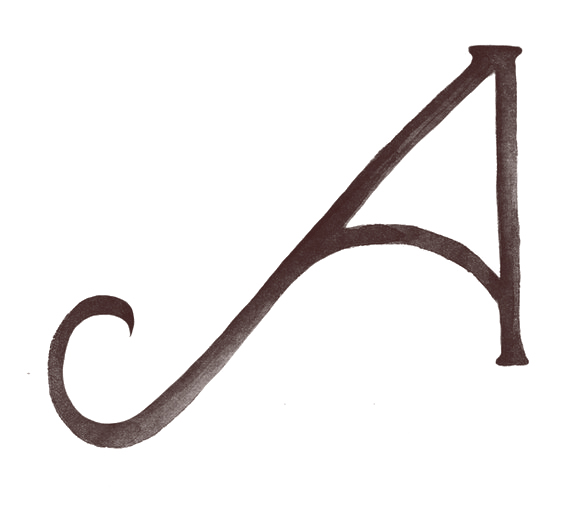Write and publish your book in a year - Step 2: Outline
In the previous post in this series, I set you a goal of collecting as much of your 'stuff' as you could, in either physical or digital form, or a mixture of the two. With that done, you can move on to outlining your book.
You've got a pile of stuff. Now what will you write about?
The act of collecting together all that you know about 'your' topic can be quite daunting. Your 'pile' of information is probably quite a lot higher than you thought it might be. Which can create a problem. How to convey all that in the space of a couple of hundred pages?
The answer lies in understanding that your book should not aim to be a 'tell all'. In other words, you don't need to – indeed shouldn't aim to – fit everything you know into this single book. This can be difficult for the first-time author to come to grips with but it is very important. Realising this will be the difference between writing a good book that people want to read, and writing an ordinary book that no one really wants to wade through.
The way I put it when I talk to new ghostwriting clients is this: your book is part of the conversation about your topic. As such, it should aim to share something significant, but not everything. You will then learn something from the way people respond to your book, and be well placed to write your second volume, and more beyond that.
There are three major things you need to consider before you start outlining your book.
Your audience
Who is this book for? Who will be reading it? How much do they already know about your topic? The answers to these questions will have a large bearing on what goes into the book, and what can be left out.
Your message
What is the single main thing you want to say with this book? There is a common misconception that having a clear message is less important in a book. After all, there is so much more space to say so many things. That's true, but that 'space' should be used to support your main message – not to add multiple main messages.
Your purpose
What are you aiming to achieve with his book?
To make money from sales? (You'll need to sell a lot.)
To make money as a result of wider recognition (by selling more training or consulting, for instance)? Probably more realistic for many.
To share what you've learnt and improve someone's life as a result?
To position yourself as an expert?
To capture lessons of the past (e.g. in a company history)?
Again, being clear about your purpose, whatever it is, will give you some clarity when you sit down to outline what should go into the book, and what should be left out.
You may find that you can't completely answer these questions at this stage, but it is important to have a go. The process of thinking them through will place them in your mind, which will in turn prompt further thinking as the project moves ahead.
Roughing out an outline
Your initial outline doesn't need to be definitive. What you want to capture is a list of five to ten main topics that would seem to form 'natural' chapter headings.
You can do this in whatever way you like. On paper or on a whiteboard. You might use a mindmap on your computer or 'offline'. If you prefer a more linear approach you could use outlining software like Scrivener, OmniOutliner (Mac only) or Workflowy (an online tool). Whatever works for you.
Personally I tend to use a whiteboard or a piece of software like Scapple that gives me maximum freedom of movement for the first go at an outline. But don't get stuck on the method: just get on with it.
Your goal for the next month
Well that should be clear by now. Think about the three considerations above – audience, message and purpose – and capture your thoughts in writing. Then rough out an outline. This will form the basis for the next big step: drafting.
Note that the real aim here is to remove as many barriers to writing as you can. Do the best you can at every step, but recognise that whatever you do may need tweaking as the book project moves on. Nothing is absolute.
May your words pour onto the page,
Photo by Lysander Yuen on Unsplash.


